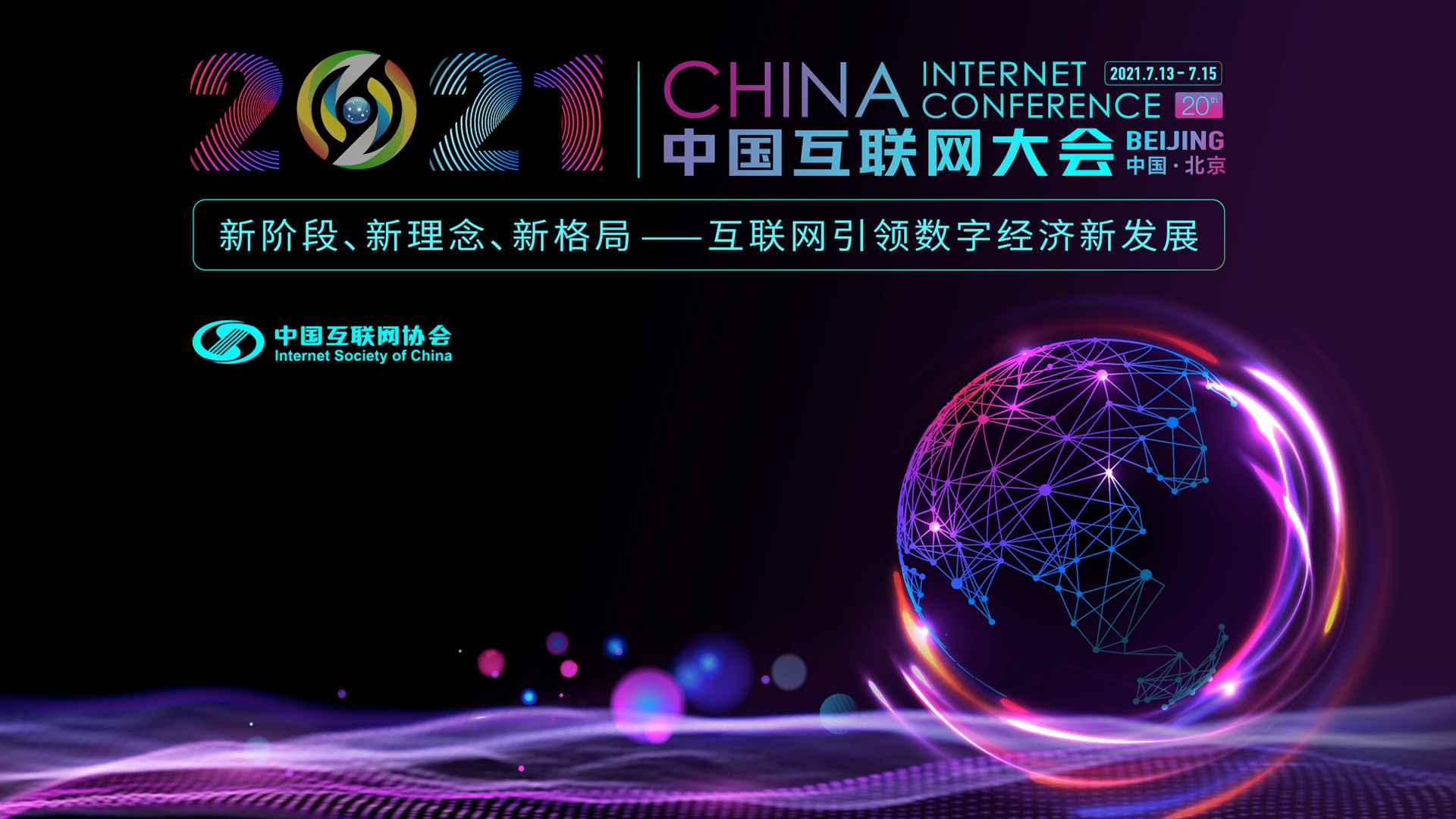
当前课程知识点:Research Methods in Tourism Studies > Week 5 Emerging Issues in Tourism and Hospitality Research > 5.2 Multi-Level/ Multiple Sources of Date Collection > 5.2.1 Experimental design (1)
返回《Research Methods in Tourism Studies》慕课在线视频课程列表
返回《Research Methods in Tourism Studies》慕课在线视频列表
回顾1980年至2018年的相关研究
研究方法部分有了较大改变
如从单变量到多变量 从自我报告到实验研究
从单层次/单一数据来源到多层次/多数据来源
从横截面研究到纵向研究 从定性/定量研究到混合方法研究
从单一学科到跨学科和多学科研究
这并不是说要我们全部掌握
而是了解如何运用 这就是它的发展
我们应当如何推动研究方法向新的方向发展
尽管我们仍然使用单层次 单一来源数据
仍然使用自我报告 使用横截面研究
但要知道有新的方法已经产生
它可以带来更多好处 可以提高研究质量
我今天主要想介绍实验研究
但只是研究基础 仅就某些部分进行简单介绍
因为每个部分都可以成为一个完整的课程
所以我不能完整讲完 只是给你们一个简单的介绍
如果你感兴趣 可以针对不同领域进行详细学习
第一个 单变量和多变量
我列出了一个表 大概有37种方法
实际上它们都是统计方法以及多变量研究
我就不详细展开
因为如果要讲的话 那要花很长时间
我只是给你们一个大致的梗概
这些是多变量研究方法
或许你可以根据不同研究目的 把它们用于不同的研究
第二 自我报告和实验研究设计
我想花更多的时间在这部分
但也只能做简短介绍
加下来我们看看具体如何运用和如何分析
但只是给一些简单介绍帮助你们了解究竟是什么
自我报告的误差 许多学者和学生都已经对其有所了解
就是自己报告自己当下的感受
例如 如果你在做一项研究
你想评估游客对某个目的地的感知
你就可以问他们 你开心吗
你认为服务质量如何
你是否满意 调查结果是由游客自己报告
但是自我报告存在一定误差
因为报告可能会受到不同情况影响
报告的结果可能不能反映真实情况
也就是说调查对象没有报告真实的数据
报告结果不能反映调查对象真实的看法或态度
误差可能是随机的 可能是系统的
可能是恒定的 也可能是可变的
如果出现这种情况 就意味着你研究得到的结果
没有反映被试的真实感受
而实验设计与自我报告有所不同
就像社会科学和科学研究的不同
在科学研究方面
如果研究药物的化学应用
科学家会先使用老鼠在实验室进行测试
测试成功后 他们再将测试应用到人体
最后得到新药物 新治疗或新发现
但在酒店与旅游研究领域
大多数研究 可以说百分之九十五的研究
都是使用自我报告 也就是调查研究
所以有些人称我们是“纸+笔”的研究
因为我们利用纸和笔进行调查研究
当然现在一些重要的研究开始运用互联网做调查
但依然属于自我报告
而实验设计可以操控具体情境 获得真实变异
变异是非常重要的
其实在刚开始做研究的时候 我也一样
我也没有意识到变异的重要性
但它的确可以让你对研究有真实了解
在自我报告中 如果你看到的结果都是朝一个方向的
例如 使用5点李克特量表测量
得分都朝向“5” 或者都朝向“1” 就没有价值
所以你真的需要一个变异来操控特定情境
了解在何种情境下人们反应如何
而实验设计就为研究者提供了可操控的情境
同时也为被试提供了能够表达自身感受 感知或期望的情境
实验设计有三个目的
第一个是因果关系
因为大多数时候我们做研究都是为了探究一个变量对其他变量的影响
变量间的关系可以是简单的关系 也可以是可复制的有效的关系
第二个是控制
是指关系会在什么样的条件下发生
如果条件改变 人们的感受就会不同
我后面会举一个例子
给你们看我们是如何控制情境来试图评估顾客反应的
最后一个 变异性
在操控组内变异性减少
即在同一情境的组内变异性减少
但不同情境的组间变异性增加
我想讲一些实验设计的例子
第一个是视频操纵实验
第二个是虚拟现实 第三个是神经营销
第四个是眼动实验 最后一个是情景实验
给出例子 但不对技术细节方面展开讨论
只是想告诉你们可以使用这些技术进行研究
视频操纵 VR 神经营销 眼动都是新技术
但情景实验则有不同
-1.1 Research Question and Research Objectives
--1.1.1 Student interview before class
--1.1.2 The starting point: question
--1.1.3 What is a good research question?
--1.1.4 Ways to find a good research question
-1.2 Title Design
--Acticle: Leisure & Travel as Class Signifier: Distinction Practices of China's New Rich
--Discussion: Why do we research?
-1.3 Literature Retrieval Method and Literature Databases
--1.3.1 Common literature retrieval method
--1.3.2 Common literature search database
-1.4 Information Collection and Academic Journals in Tourism
--1.4.1 Academic journals in tourism research
--1.4.2 Literature collection methods and principles
-1.5 Literature Reading
--1.5.2 Overcoming obstacles in literature reading
--Week 1 quiz
--Discussion: What difficulties have you encountered in reading literature?
-2.1 Philosophical Bases of the Two Approaches
--2.1.1 Philosophical bases of the two approaches
-2.2 Differences between the Two Approaches
--2.2.1 Differences between the two approaches
--Article: Does tourist–host social contact reduce perceived cultural distance?
-2.3 Be Aware of Your Own Research Views
--2.3.1 Be aware of your own research views
--Discussion: How to choose research method?
-2.4 Research Example: Social Tourism
--2.4.1 What is social tourism?
--2.4.2 Established frameworks on social tourism
--2.4.3 Major research findings on social tourism
--2.4.4 Major findings of social tourism research
--2.4.5 Opportunities and challenges for social tourism
--Week 2 quiz
- 3.1 Key Procedures in Qualitative Approach
--3.1.1 Key procedures in qualitative approach
-3.2 Qualitative Data Collection and Analysis
--3.2.1 Key procedures and data collection methods in qualitative approach
--3.2.2 Data collection and analysis in qualitative approach
--3.2.3 Data analysis in qualitative approach
-3.3 Case Study and Content Analysis
--Discussion: Have you ever used a qualitative approach in your research?
-3.4 Using Coding and Themes in Qualitative Research
--3.4.1 Using coding and themes in qualitative research(1)
--3.4.2 Using coding and themes in qualitative research(2)
-3.5 Using Conceptual Framework in Qualitative Research
--3.5.1 Using conceptual framework in qualitative research(1)
--3.5.2 Using conceptual framework in qualitative research(2)
--Article: Tourist typology in social contact: an addition to existing theories
--Week 3 quiz
--Discussion: How to ensure the reliability and validity of qualitative study?
-4.1 Using Questionnaires in Quantitative Research
--4.1.1 Make an effective literature review and research method design
--4.1.2 Learn to write powerful findings and discussion
-4.2 Using Experiment in Quantitative Research
--4.2.4 Eye tracking experiment
-4.3 Using Mixed Method
--4.3.1 Sustainabble tourism development (1)
--4.3.2 Sustainabble tourism development (2)
--Article:Creating a scale for assessing socially sustainable tourism
--Week 4 Quiz
--Discussion: How to use quantitative methods to study tourists' reaction?
-5.1 Current Research Priorities
--5.1 1 A review of hospitality research
--5.1.2 Impact of information technology on hospitality and tourism research
-5.2 Multi-Level/ Multiple Sources of Date Collection
--5.2.1 Experimental design (1)
--5.2.2 Experimental design (2)
--5.2.3 Multi-level/multiple sources of data collection
-5.3 Mixed Method and Interdisciplinary Research
--5.3.2 Interdisciplinary research
--Article: The meanings of destination: a Q method approach
--Discussion: Can you talk about your understanding of research methods?
-5.4 Using Delphi Method in Research Design
--5.4.1 What is the Delphi method?
--5.4.3 Characteristics of the Delphi method
--5.4.4 Predicting the future of wine tourism
--Week 5 quiz
--Discussion: Philosophical basis of research methods
-6.1 Journal Publication
--6.1.1 How to publish in the top journals? (1)
--6.1.2 How to publish in the top journals? (2)
--6.1.3 How to publish in the top journals? (3)
--6.1.4 How to publish in the top journals? (4)
--Article: Analyzing the economic sustainability of tourism development: evidence from Hong Kong
-6.2 Academic Ethics
--6.2.2 Student interview after class
--Week 6 quiz
--Discussion: Academic publication and academic ethics
--Final quiz

